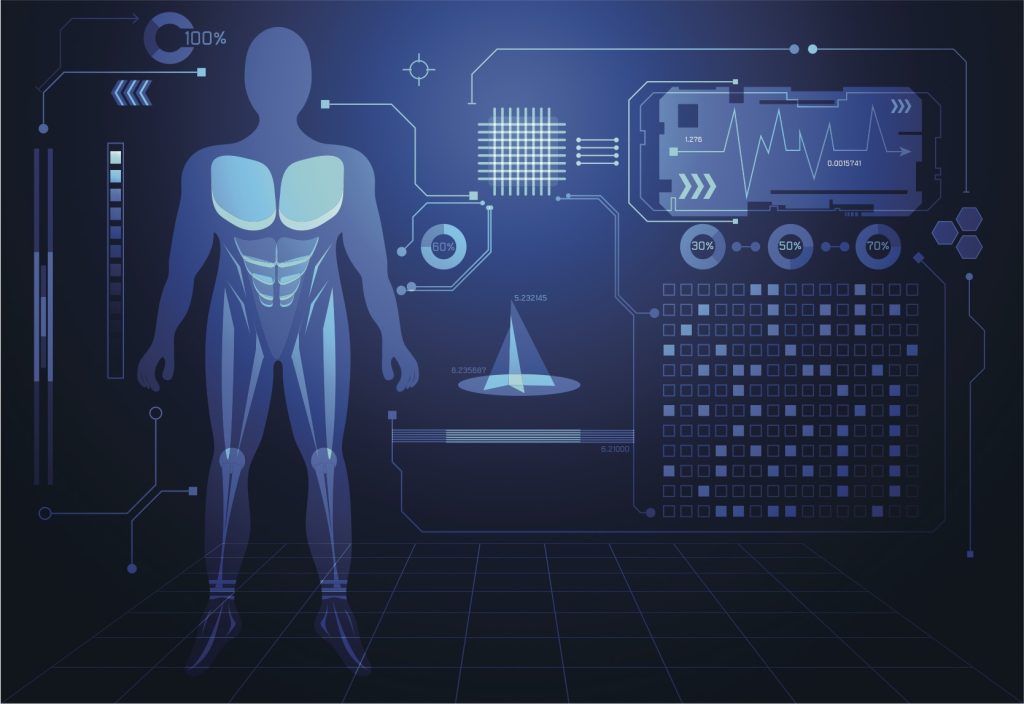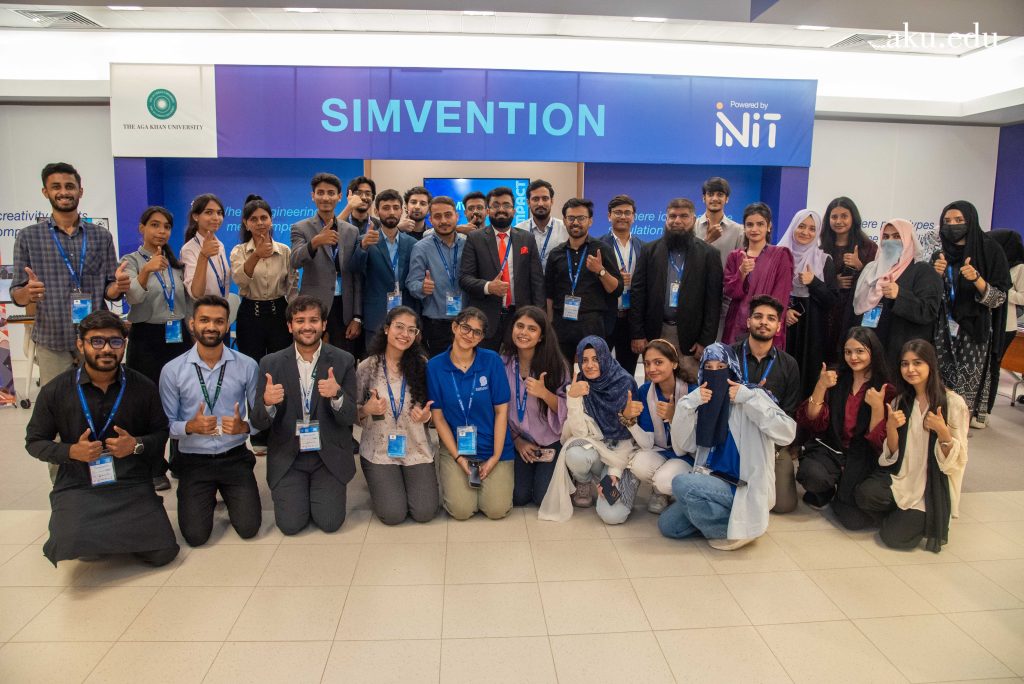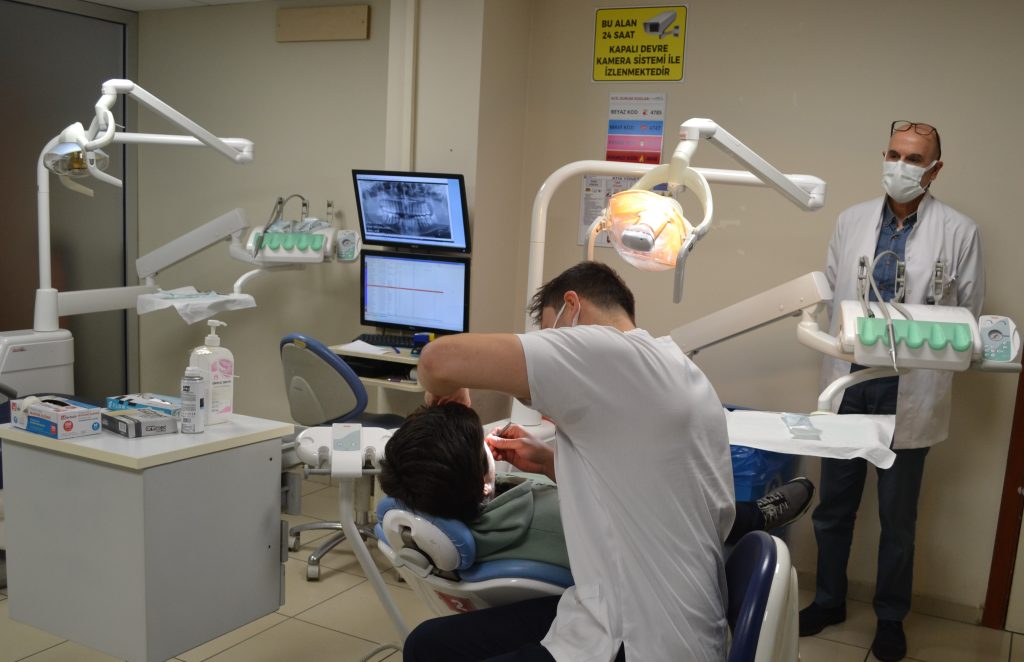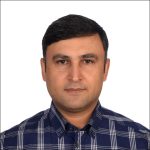In this episode of Between 2 Simulators, Kevin King, Head of Business Development at 3B Scientific, shares his journey from flight paramedic to simulation industry leader. Kevin reflects on his experience during 9/11, his role at METI, and the founding of his own company — later acquired by 3B Scientific. He discusses 3B Scientific’s strategic growth, emphasizing solutions-driven products that prioritize realistic training and improved patient care. Kevin also explores the role of emotion in learning, the importance of faculty training, and the future of simulation innovation with AI and hybrid solutions.
In a memorable episode of Between 2 Simulators, Kevin King, Head of Business Development at 3B Scientific, took center stage to share his fascinating career journey — one that spans decades in emergency care, education, and healthcare simulation. Speaking with host Jake Rahman at IMSH 2025 in Orlando, Kevin reflected on his early experiences as a paramedic, his path to becoming a simulation leader, and his belief in the transformative power of realistic training to improve patient outcomes.
With stories ranging from his response to 9/11 to his rise as an industry innovator, Kevin’s narrative blends personal reflection with practical insights — revealing a deep commitment to enhancing education in healthcare.
A Life on the Frontlines: Kevin’s Path from Paramedic to Educator
Kevin’s journey began in Canada, where he worked as a land paramedic before transitioning to a flight paramedic role in Toronto. Working aboard the country’s busiest medical helicopter service, Kevin faced high-pressure situations that shaped his perspective on preparedness and training.
One of the defining moments in Kevin’s early career came during the 9/11 attacks. Stationed at a Toronto Island base at the time, Kevin and his team were put on high-alert standby, prepared to respond to what was initially believed to be a catastrophic aviation accident.
“They told us to prepare for 3,000 to 4,000 casualties,” Kevin recalled. “And there were just six critical care providers available to respond. That moment made me realize that paramedics — myself included — needed better preparation for large-scale emergencies.”
This powerful experience planted the seed for Kevin’s future work in simulation, sparking his desire to improve training for healthcare professionals working in high-stress environments.
Stepping into Simulation: A New Chapter Begins
Kevin’s introduction to medical simulation came in 2002 when he joined METI (Medical Education Technologies Inc.) as one of its first clinical educators. Balancing his career as a flight paramedic with part-time work in simulation, Kevin quickly recognized the potential of immersive learning tools.
“Back then, simulation was still finding its place in healthcare education,” Kevin recalled. “But I saw the potential right away — the ability to replicate complex clinical scenarios, expose learners to rare emergencies, and build confidence in decision-making.”
During his time at METI, Kevin played a key role in integrating simulation into training programs for paramedics, nurses, and allied health professionals. He eventually became Vice President of Sales at CAE Healthcare, expanding his influence within the industry.
But Kevin’s entrepreneurial spirit soon led him to take an even bolder step.
Starting His Own Company: The Entrepreneurial Leap
In 2018, on his 50th birthday, Kevin made a life-changing decision — he cashed in his retirement savings and launched his own company. Driven by a desire to shape the future of healthcare simulation, Kevin believed he could create innovative solutions that better aligned with real-world clinical demands.
“I had strong beliefs about what simulation should be — and I wasn’t seeing that vision come to life in the industry,” Kevin explained.
His company grew quickly, providing innovative solutions that emphasized realism, team-based training, and emotional engagement — all elements he felt were crucial for improving patient outcomes.
Joining 3B Scientific: A New Chapter in Simulation Growth
In January 2023, Kevin’s company was acquired by 3B Scientific, a global leader in healthcare education solutions. Now serving as Head of Business Development, Kevin plays a pivotal role in guiding 3B Scientific’s strategy as they expand their presence in simulation.
With acquisitions of brands like iSimulate, Lifecast Body Simulation, and Echo Healthcare, 3B Scientific has rapidly evolved into a major force in healthcare simulation.
“3B Scientific’s approach is deliberate and strategic,” Kevin explained. “They’re not just acquiring companies — they’re building a solutions-oriented portfolio that meets real clinical needs.”
He stressed that this approach focuses on improving patient care rather than simply chasing technological trends.
“Our goal isn’t just to create flashy products,” he added. “It’s about building tools that give educators what they need to train healthcare professionals effectively.”
A Solutions-Driven Approach to Simulation
Kevin emphasized that one of 3B Scientific’s priorities is developing integrated solutions — combining products to create more impactful learning experiences.
For example:
- Lifecast mannequins offer extreme realism, designed to trigger emotional responses and prepare learners for the stress of real emergencies.
- IngMar Medical simulators provide advanced respiratory training solutions, ensuring clinicians are well-versed in ventilator management.
- Echo Healthcare’s medical simulation services support institutions with technical expertise, ensuring their equipment is used to its full potential.
“If we’re going to build hybrid solutions, they need to be meaningful — not just gimmicks,” Kevin said. “The goal is to create training tools that genuinely improve clinical skills.”
The Role of Emotion in Learning
Reflecting on his paramedic days, Kevin highlighted the powerful role that emotional engagement plays in effective learning.
“When students feel stressed or overwhelmed during a simulation, they’re more likely to remember those experiences — and apply that knowledge in real-life emergencies,” he explained.
By blending emotional realism with technical training, Kevin believes simulation can better prepare clinicians to manage high-pressure situations.
“The most effective learning happens when you create environments where students can safely fail, reflect, and improve,” Kevin said.
Regulation in Simulation: Finding the Right Balance
When asked about the potential for simulation regulation, Kevin shared a thoughtful perspective.
“I believe standardization is important, but regulation needs to be deliberate and well-informed,” he said. “If the focus becomes about protecting business interests rather than improving education, we’ve lost sight of the goal.”
He referenced the automotive industry’s development of the seatbelt — an innovation originally pioneered by Volvo, which chose to release the design as an open standard for public safety.
“If we want simulation to truly advance, we need to adopt that same mindset — prioritizing collaboration and knowledge-sharing over corporate competition,” Kevin explained.
Heroes and Mentors: The People Who Shaped His Career
Throughout his journey, Kevin credits key mentors for guiding his path. He spoke fondly of Lou Oberndorf, the visionary founder of METI, whose mentorship helped him transition from clinician to simulation leader.
“Lou believed in me when few others did,” Kevin shared. “He taught me that success in simulation isn’t about ego — it’s about focusing on what improves patient care.”
He also recognized Dr. Dan Raemer and Jenny Rudolph from the Center for Medical Simulation in Boston as key influences in helping him master the art of educational design.
Looking Ahead: The Future of Healthcare Simulation
As healthcare simulation continues to evolve, Kevin sees enormous potential for innovation — particularly in combining AI, data analytics, and immersive experiences to enhance learning.
“The industry is moving fast, and the potential for personalized learning pathways is incredibly exciting,” he said.
But despite the technological advances, Kevin remains grounded in one fundamental belief:
“Simulation products don’t save lives — trained people do. Our job is to build tools that empower healthcare professionals to deliver better care when it matters most.”
Final Thoughts: A Legacy of Learning and Leadership
From his early days as a paramedic to his current role at 3B Scientific, Kevin King’s career reflects a lifelong commitment to improving education in healthcare. His experiences — from responding to emergencies to building successful businesses — have shaped a powerful philosophy: that realistic training, emotional engagement, and dedicated educators are the true keys to better patient care.
READ ALSO












































